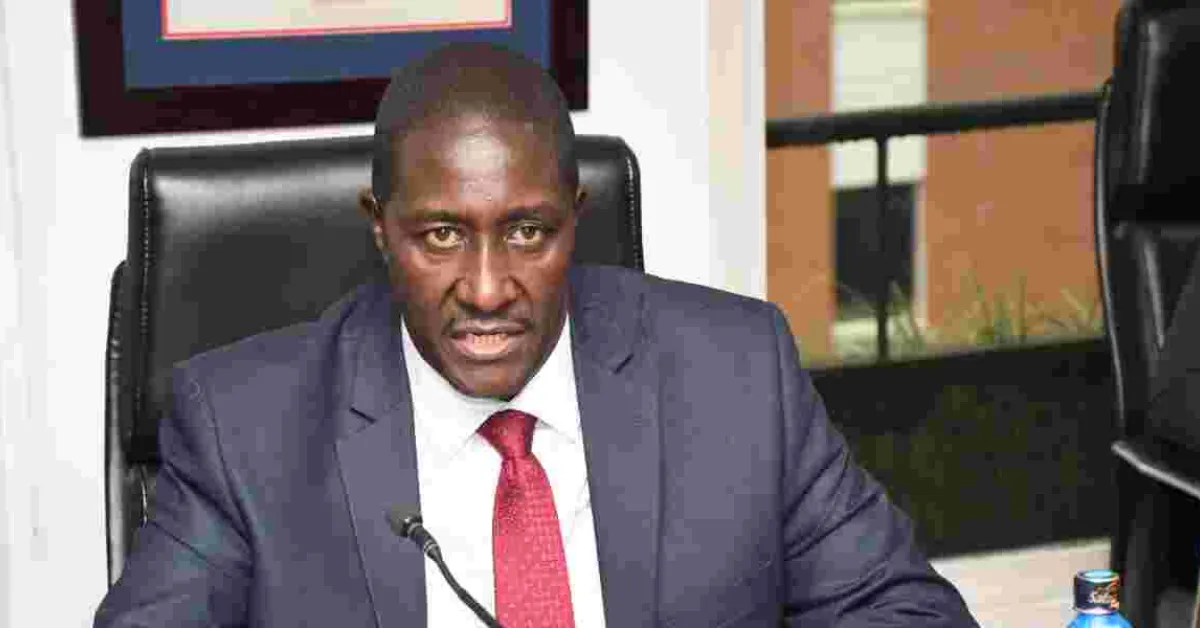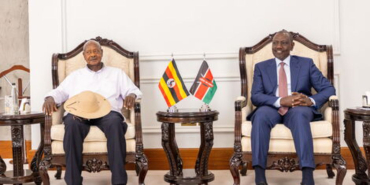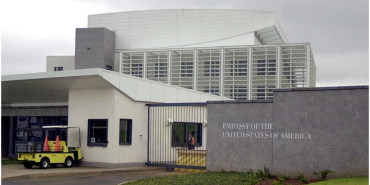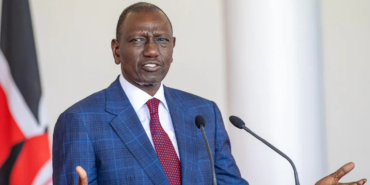Where Are Kenya's Refugee Records Being Kept?

The government currently lacks a national database for refugees, making the exact number of refugees in the country unknown.
This revelation emerged during a high-level forum convened by the National Assembly's Regional Development Committee in Mombasa, where officials acknowledged that the country relies entirely on the United Nations High Commissioner for Refugees (UNHCR) for refugee data management, with records being stored in Hungary. The gravity of this situation is emphasized by Kenya's Commissioner for Refugee Affairs John Burugu who expresses concern about the country's limited control over refugee data.
"While we participate in data processing, we do so merely as processors for a third-party organization," Burugu explains, noting the inability to independently verify UNHCR's refugee population figures.
The forum, led by Peter Lochakapong, chair of the National Assembly Regional Development Committee, serves as a platform for comprehensive dialogue between stakeholders, including refugees and host communities. Their discussions have revealed mounting pressures on local resources and infrastructure, with host communities articulating serious concerns about environmental degradation, land disputes, and security challenges. Particularly vocal is Garissa Governor Nathif Adam, who highlights the three-decade-long impact of hosting refugees without adequate compensation for community land use.
This sentiment is echoed by Dekow Barrow of Garissa Township who points to the increasing strain on local infrastructure, notably the deteriorating condition of the Garissa-Dadaab Road, and the limited international support for host communities facing rising unemployment. The complexity of refugee management was recently addressed by Interior PS Raymond Omollo who advocated for a coordinated security approach. This position is complemented by Matungu legislator Peter Nabulindo's call for balanced solutions that address both refugee and host community needs. Khamis Chome from Voi emphasizes the importance of a comprehensive policy framework that clearly delineates stakeholder roles and ensures meaningful host community participation.
The two-day forum has brought together representatives from various government ministries, the Refugee Consortium of Kenya, the World Food Programme, and the Kenya National Commission on Human Rights. Their collective insights will inform a report for the National Assembly, aimed at establishing a localized refugee database and implementing the Refugee Act 2021 effectively. This initiative, coupled with comprehensive policy reforms, is essential for addressing the complex social and environmental challenges associated with refugee integration.














Add new comment